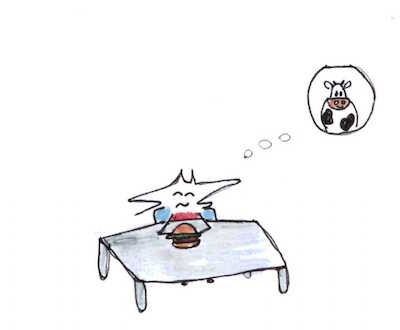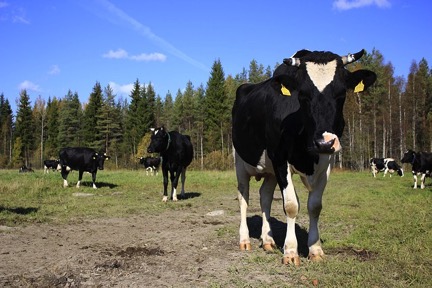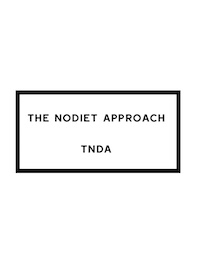Are burgers safe?
How safe is it to eat a burger on a regular basis?
How does it affect humans and planet Earth?
Those are questions that hardly come into somebody’s mind before enjoying a burger.
In developed countries, cows are grain fed (soy and corn) rather than grass fed. Green house gases are increasing causing pollution. Cows are part of the problem as they are unable to digest grains and methane in their gases pollutes the air.
30% of Earth ‘surface is dedicated to feed cattle, pigs and chicken. Walsh, B (2013 December) “The triple whopper environmental impact of global meat production” Times.
The industrial food system is equipped with the latest machinery for feeding, killing and handling cattle for mass production. It is producing massive amounts of food, higher than what is needed for financial purposes disregarding environmental consequences.
1 burger patty contains DNA from more than a thousand cows increasing the risk of E-coli contamination (dangerous bacteria that can lead to severe diarrhea and kidney failure). In France, there are meat companies that produce burgers from one single cow and others that are able to test instantly for E coli before meat is transported for distribution.
Young children, older adults and pregnant women are at risk as they have a lower immunity. Who would have thought that a child’s favorite meal is putting his life at risk? Burger consumption among kids should be monitored closely to limit life-threatening diseases due to food poisoning.
When cooking the meat patty make sure you handle it with precaution by wearing gloves to limit cross contamination with other raw foods that are near by. Cooking time should be around 10-15 minutes, check the temperature by pricking the food thermometer at the center of the meat, it should be above 160 degrees Celsius (make sure to clean the thermometer with hot soapy water after use). Unfortunately poor food hygiene can cause death and diseases.
Cows are given antibiotics to resist some diseases as prevention. These antibiotics are transferred to humans through meat or dairy consumption, which alters hormonal balance.
A study proved that if people decided to eat one less hamburger a week they would contribute to save the planet, a slight change can have a positive impact on Earth.
Diets low in red meat are the best option for a healthy lifestyle as protein can be found in plant based sources such as soy, beans and tofu. Skerrett,P (March 2013) “Study urges moderation in red meat intake” Harvard Health Publication.
Grass fed organic beef is a good option as industrial burger patties are prepared with a lot of added substances, a mixture of soy products in order to higher profits.
Burgers are still to be enjoyed every once in a while by paying close attention to the way they are handled before arriving to our plates. Grass fed beef preferably organic is the best option that guaranties a traditional and respectful way of handling cattle. Although it is more expensive; it respects cows normal diet routine and limits production of unnecessary corn and soy.























